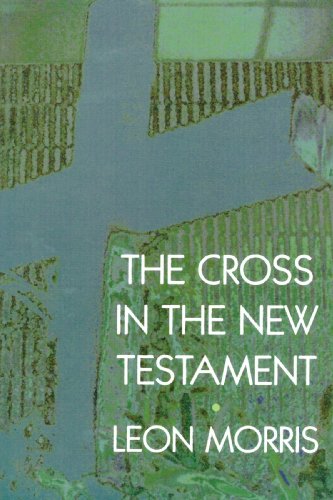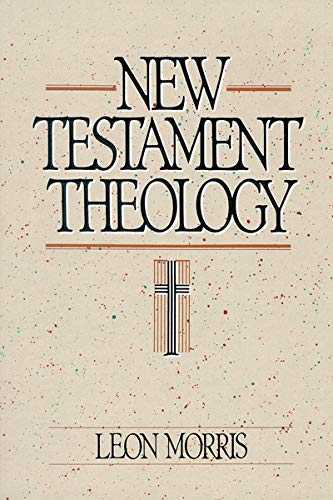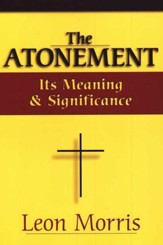
Quotes by Leon Morris
The man who carries on an act of impurity is not simply breaking a human code, nor even sinning against the God who at some time in the past gave him the gift of the Spirit. He is sinning against the God who is present at that moment, against One who continually gives the Spirit. The impure act is an act of despite against God’s good gift at the very moment it is being proffered… This sin is seen in its true light only when it is seen as a preference for impurity rather than a Spirit who is holy.
Meekness is not to be confused with weakness: the meek are not simply submissive because they lack the resources to be anything else. Meekness is quite compatible with great strength and ability as humans measure strength, but whatever strength or weakness the meek person has is accompanied by humility and a genuine dependence on God. True meekness may be a quality of the strong, those who could assert themselves but choose not to do so.
[Christians are] not to be hasty in making negative judgments on their fellows. It is a dangerous procedure because it invites a similar judgment in return. And it is a difficult procedure because our own faults make it hard for us to see precisely what is amiss in our fellows. Jesus is not, of course, forbidding all judgments; He is warning against the hasty condemnations that are so easy to make, and so characteristic of the human race.
The Bible was the only book Jesus ever quoted, and then never as a basis for discussion but to decide the point at issue.
The church cannot be expected to do its work effectively if their followers are not loyally supporting the leaders. It’s a matter of fact that we’re often slow to realize to this day that effective leadership in the church of Christ demands effective following. If we’re continually critical of them that are set over us, small wonder if they’re unable to perform the miracles that we demand of them. If we bear in mind the work’s sake, we may be more inclined to esteem them very highly in love.
The biblical writers habitually use for the divine wrath a word (orge) which denotes not so much a sudden flaring up of passion which is soon over, as a strong and settled opposition to all that is evil arising out of God’s very nature.
We should understand "kingdom" as meaning "rule" rather than "realm"; that is to say, the expression is dynamic: It points us to God as doing something, as actively ruling, rather than to an area or group of people over whom He is sovereign. The kingdom is something that happens rather than something that exists.
God’s grace to His people is continuous and is never exhausted. Grace knows no interruption and no limit. In contrast with the Law it stresses the dynamic character of the Christian life. Law can be mastered. A man may acquire merit by conforming to it. He knows the precise requirements that are demanded of him. But grace is always an adventure. No man can say where grace will lead him.
The Bible was the only book Jesus every quoted, and then never as a basis for discussion but to decide the point at issue.
The Rabbis spoke from authority, Jesus with authority. Those who heard Him “were astonished at His teaching, for He taught them as one that had authority, and not as the scribes” (Mark 1:22). C.H. Dodd renders “He taught them like a sovereign, and not like the Rabbis”… Justin Martyr [said], “His word was power from God.” “Thus says the Lord” is typical of the Old Testament, but Jesus’ characteristic expression is “Truly, truly, I say to you.” The difference is significant. Jesus appealed to no other authority as He spoke to men of the deep things of God.
In the last resort forgiveness is always due to God’s being what He is, and not to anything that man may do. Because God is God, He must react in the strongest manner to man’s sin, and thus we reach the concept of the divine wrath. But because God is God, wrath cannot be the last word. “The Lord is good; his mercy endureth forever” (Psm. 100:5).




